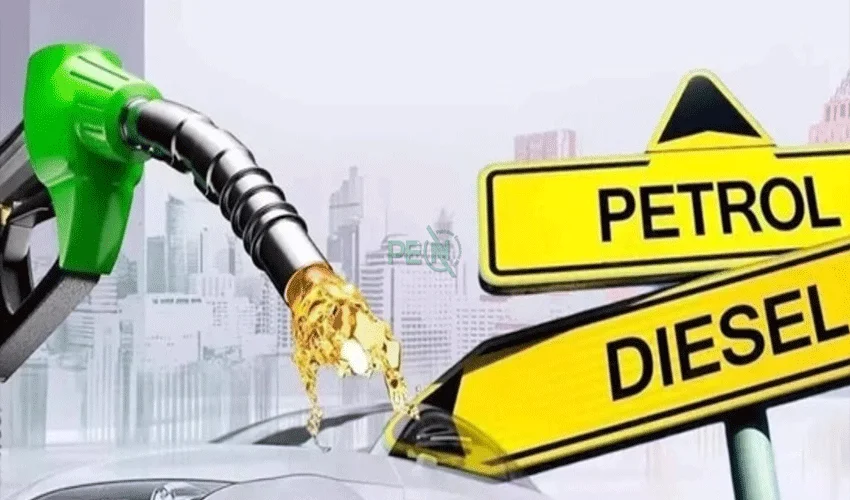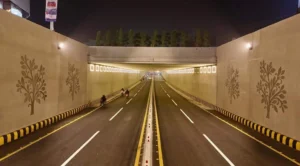Islamabad, 12 Apr, 2025: In a potential relief for consumers, Petrol and Diesel Prices in Pakistan are projected to decrease by approximately Rs10 per litre during the upcoming bi-weekly review ending April 30.
This anticipated reduction is attributed to a consistent decline in international crude rates over the past two weeks.
However, the benefit hinges on the government maintaining the current taxation structure. Petrol and Diesel Prices could be influenced by policy adjustments, especially if officials choose to control demand by limiting the rate cuts.
READ MORE:
OCAC Seeks 27% Margin Hike for Petrol Companies
Government insiders have hinted at a cautious approach, noting that a sharp drop in fuel prices might trigger a spike in consumption putting pressure on both supply and national reserves.
At the same time, domestic oil refineries are reportedly pushing for the imposition of General Sales Tax (GST) on petroleum products to ensure long-term revenue sustainability.
As part of commitments made to the International Monetary Fund (IMF) under the $1.3 billion Resilience and Sustainability Facility (RSF).
Pakistan is expected to introduce a carbon levy of Rs5 per litre starting July 1. This additional charge aims to support environmental goals and fiscal stability.
Based on preliminary data and current levies, experts estimate that the ex-depot price of petrol may drop by Rs10 per litre, while high-speed diesel (HSD) could see a reduction of around Rs9 per litre, pending final calculations on April 15.
This estimation follows a fall of approximately $6 per barrel for petrol and $5 per barrel for diesel in the international market.
Presently, the ex-depot rate for petrol stands at Rs254.63 per litre, while HSD is priced at Rs258.64 per litre.
The government currently collects about Rs86 per litre in taxes from both fuels, despite a zero percent GST rate on petroleum products.
READ MORE:
Big Relief: Petrol and Diesel Prices Likely to Drop Next Week
Out of this, a substantial Rs70 per litre is levied as a Petroleum Development Levy (PDL), which directly impacts the end-users.
In addition, Rs16 per litre is collected as customs duty on both imported and locally produced fuels.
Oil marketing companies and dealers also receive approximately Rs17 per litre in distribution and retail margins.
As citizens await the official price revision, experts urge consumers to remain aware of how global trends, taxation policies, and regulatory decisions shape local fuel economics.









